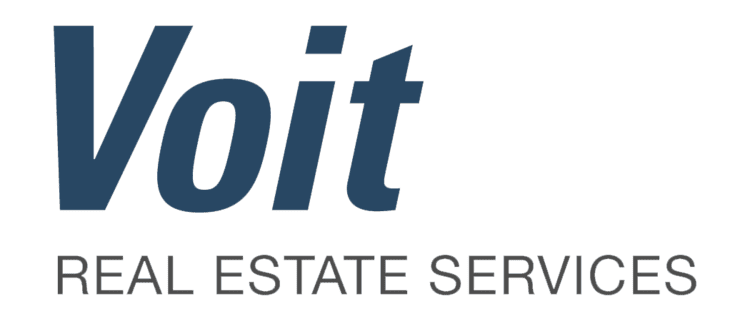Key to Success: Build a Strong Company Culture
Establishing a strong company culture is vital for a positive and productive work environment. A company’s culture is built on shared beliefs, values, and practices and guides its employees’ interactions with each other and its customers. The outcome is increased employee satisfaction, higher retention rates, enhanced productivity and a higher level of customer satisfaction and retention. A robust company culture is the foundation of a successful organization.
The first step in building a robust company culture is to define core values that truly represent the company’s mission and vision. These core values will shape decision-making, employee behavior, and organizational practices. For instance, if a company values innovation and collaboration, employees are encouraged to generate creative ideas and work together to implement them. Communicating these values clearly and consistently sets the organization’s tone. Management exemplifying the core values through their actions further reinforces the tone. Upholding these core values throughout the organization creates a strong foundation that distinguishes a company from its competitors.
Effective communication is crucial for a strong company culture. Open and transparent lines of communication include regular meetings, feedback sessions, and updates on the company’s performance, strategic initiatives, and upcoming changes. Effective communication breaks down organizational silos and promotes collaboration across departments. When the employees feel informed and heard, they align their efforts with the company’s goals thus creating a cohesive and unified workforce.
Employee engagement is pivotal in cultivating a strong company culture. Engaged employees are more committed to their work and the company’s goals, leading to long-term retention. Companies can boost engagement by providing employees with growth and development opportunities. Investing in training programs to enhance employees’ skills signals that the company values employee growth. Providing career advancement opportunities further motivates employees to stay engaged and contribute to the company’s success.
The recognition and appreciation of employees’ accomplishments also strengthens the company culture. Recognition programs boost morale and inspire employees to excel. Appreciation can take various forms from praise during team meetings, company events or newsletters to plaques and monetary rewards. Appreciating an employee’s efforts publicly not only makes them feel valued but also sets a positive example for others. Offering performance-based incentives may further motivate employees. Employees who feel valued and appreciated align their work with the company’s goals.
Diversity and inclusion are vital aspects of a robust company culture. Embracing diversity fosters creativity, innovation, and broader perspectives within the organization. A diverse workforce brings together individuals with different backgrounds, experiences, and viewpoints leading to innovative solutions and better decision-making. Creating an inclusive culture where all employees feel valued and respected will help a company attract and retain top talent. Mentorship programs, open lines of communication, team-building activities and companywide social events ensure inclusivity and cooperation amongst employees.
Use good hiring practices that build upon the company culture. Hiring individuals who align with the company’s core values ensures a harmonious work environment. Employees who share common values and beliefs support each over and work well together. This fosters higher morale and increased cooperation. During recruitment, choose exceptionally skilled candidates who also align with the company’s values and cultural norms.
Human Resource Department’s role in fostering a strong company culture is one that should not be overlooked. As HR professionals play a significant role in the hiring and onboarding processes, they can help select candidates who align with the company’s values. On an ongoing basis, HR actively supports the company’s values by promoting employee engagement, leading recognition programs, providing opportunities for employee feedback and mediating conflict resolution. The HR professionals are champions of a company’s desired cultural traits.
Creating a strong company culture needs commitment from both management and employees. Building and sustaining a robust culture requires this collective effort, adaptability, and innovation. It’s not an overnight achievement but an ongoing process that demands continuous monitoring and refinement. Regular culture surveys, focus groups, and one-on-one conversations with employees will provide valuable insights into the perception of the company culture and its growth opportunities. By defining core values, encouraging open communication, fostering employee engagement, embracing diversity and inclusion, and utilizing good HR practices, a company can create and maintain a strong culture that boosts employee satisfaction, productivity, and the company’s reputation.









